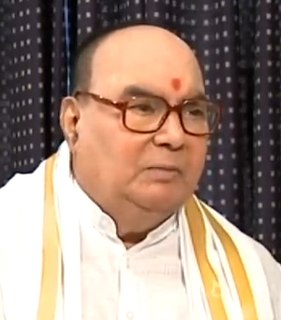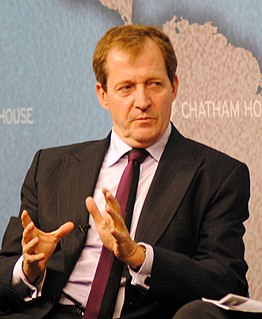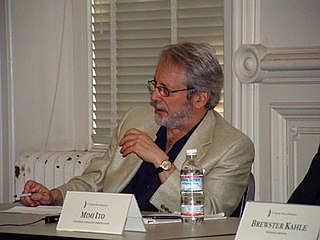A Quote by N. Bhaskara Rao
Banning pre-poll surveys is certainly no answer in today's world. Sensitising the public and the media as to the good, bad, and desirable aspects of survey research is more sensible than that.
Related Quotes
Certainly polling is a tool for leadership. It's not a program for leadership. And you can abuse a tool. You can overuse it. A leader who looks to the latest poll finding and says, "Well that's what I should do", that's not a very good leader. I mean that's someone who is not taking this poll and saying, "Well what am I gonna have to do to get public acceptance of my policies?" It's someone who is interested in their own election or re-election, and their own popularity rather than genuinely serving the public interest.
There is some good news for John McCain. According to the latest polls, which came out today, John McCain has started to open up a lead over Barack Obama. This is true. Yeah. The USA Today poll has McCain ahead by ten points. The 'CBS News' poll has the two tied. And the MSNBC poll says that Obama won the election last week.
The manipulation of what's actually portrayed in the media, through the legal system, is pretty shocking, actually. You can see how someone you would never know can make a public figure look like a bad guy or a good guy just from the little information they let you know. My advice is to research everything. Don't just hide behind your Facebook posts. Research everything.
When it comes to partisan politics, everyone is a hypocrite. And all they care about is whether it hurts or helps them ... Is it good or bad for the Democrats? Is it good or bad for the Republicans? Is it good or bad for Jews, or good or bad for blacks, or is it good or bad for women? Is it good or bad for men? Is it good or bad for gays? That's the way people think about issues today. There is very little discussion of enduring principles.































